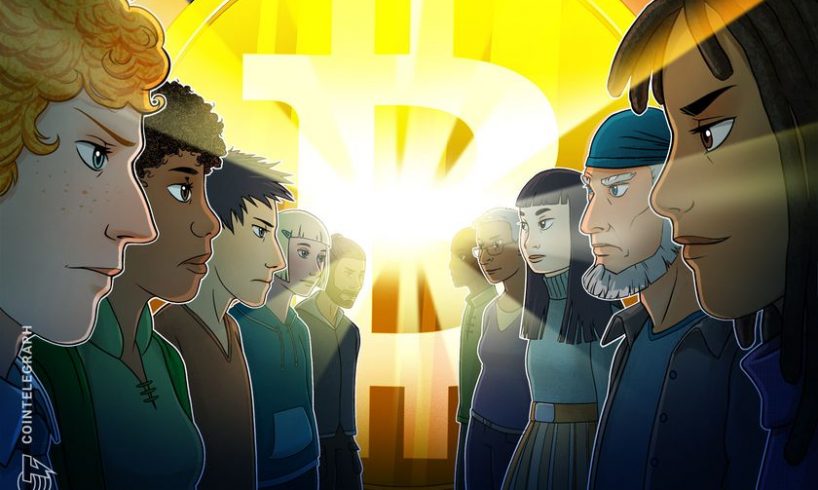
The cutthroat battle to become the top United States spot Bitcoin (BTC) exchange-traded fund (ETF) issuer could see many of the listed ETFs today eventually shut their down due to lack of profit.
According to analysts, the ETF fee war may have shut out smaller issuers from joining the race. However, a silver lining is that investors end up as the “biggest winners” due to falling fees.
“Most of the current ETFs launched will never even break even as costs will only work if they get to billions of assets under management, which they won’t,” Hector McNeil, the co-CEO and founder of white-label ETF provider HANetf, told Cointelegraph.
The ten approved Bitcoin ETFs have pulled in over $10 billion in assets under management since launch, but the bulk is held by BlackRock and Fidelity — respectively having around $4 billion and $3.5 billion.
“Four or five will get to breakeven. I even think some that have launched will probably close,” McNeil added. He suspected issuers possibly waiting to launch their own Bitcoin fund will scrap plans to launch.
“I think it’s a race to the bottom and believe there are too many people fighting over too small a pile.”
In late January, Global X pulled its bid for a Bitcoin ETF without explanation, while other ETF bidders Pando, 7RCC and Hashdex have stayed silent on their plans while the ten Bitcoin ETFs have increasingly lowered their fees — even before approval — to attract investors.
In late January, Invesco and Galaxy dropped their ETF fee from 0.39% to 0.25%, aligning it with BlackRock, Fidelity, Valkyrie and VanEck, despite the fund already offering zero fees for the first six months or until it hits $5 billion in assets.
This is what the fee table looks like now: pic.twitter.com/LPvd6YwGWJ
— James Seyffart (@JSeyff) January 29, 2024
Morningstar Research’s passive strategies research director Bryan Armour told Cointelegraph the “fee wars” likely pushed out new Bitcoin ETF issuers as it’s “tough to be profitable quickly with low fees and a late start.”
“New issuers would likely need to bring their own assets or rely on their distribution channels…
..






